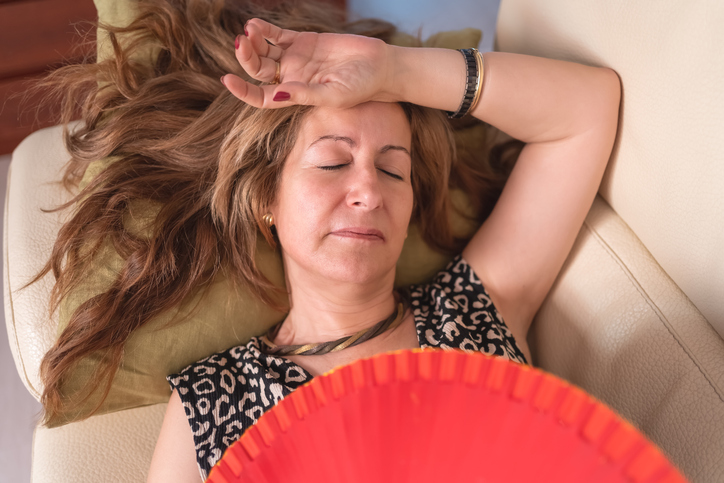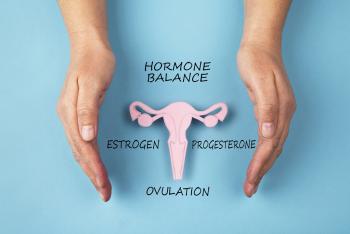Urinary tract infections (UTIs), bacterial infections of the bladder, are common health conditions...
Read More

Navigating the changes your body experiences during menopause and postmenopause can feel overwhelming. Postmenopause, the stage after menopause, is a natural part of aging. “After 12 months without a menstrual period, you’ve entered postmenopause and will be in that stage for the rest of your life,” said Laura Tyree, M.D., an obstetrician-gynecologist at Inspira Medical Group. “Menopausal symptoms can linger during postmenopause, but every person is different—some people’s symptoms will completely disappear, and some will linger for a decade or more.” Here are the facts about postmenopause and how to get the care and support you need during this time.
During menopause, your ovaries gradually stop producing estrogen and progesterone, causing your menstrual periods to stop. This hormonal shift can cause unpleasant symptoms, including hot flashes and sleep disturbances. Throughout postmenopause, estrogen levels remain low—which means some of your menopausal symptoms may continue.
As your body continues adjusting to its hormonal changes, your ongoing symptoms may include:
“Postmenopause symptoms are typically milder than they are during menopause, but some people may continue to experience severe or frequent symptoms,” said Dr. Tyree. “If your symptoms are frequent, become severe or are affecting your quality of life, it is important to talk to your health care provider to rule out any underlying medical conditions.”
Lifestyle changes, such as regular exercise, a healthy diet and stress reduction techniques, can help lessen the severity and frequency of postmenopausal symptoms. “You can manage some postmenopause symptoms with changes in your day-to-day habits,” said Dr. Tyree. “For example, using a water-based lubricant during sex for vaginal dryness, exercising and/or meditating consistently to combat symptoms of depression and eating a phytoestrogen-rich diet with foods like flaxseed, chickpeas and legumes to boost your estrogen level can help.”
If lifestyle changes aren’t enough, hormone therapy, which involves taking estrogen alone or in combination with progesterone, can effectively reduce symptoms like hot flashes and vaginal dryness. Hormone therapy is not suitable for everyone and may carry some risks, so discussing this option with your doctor can help you determine whether this treatment can help you. Non-hormonal medications like antidepressants and blood pressure medications can also help you manage your symptoms.
“It’s important to continue seeing your OB/GYN, even during postmenopause,” said Dr. Tyree. “Lower levels of estrogen can put you at an increased risk of developing heart disease, osteoporosis, mental illness and vaginal health issues.” By working with your doctor to develop a comprehensive treatment plan to manage your symptoms and reduce your risk of these health issues, you can get the care and treatment you need to stay healthy and improve your quality of life.
Inspira Medical Group offers women's health specialists throughout the South Jersey region. Request an appointment today for help managing and treating your postmenopausal symptoms.
Inspira Health is a high reliability organization (HRO), which means safety is the top priority for patients and staff. To make an appointment, call 1-800-INSPIRA.

Urinary tract infections (UTIs), bacterial infections of the bladder, are common health conditions...
Read More
Prioritizing cervical health is a lifelong commitment—from HPV vaccinations in adolescence to...
Read More
Midwives offer a compassionate, patient-centered approach. With an emphasis on consent and shared...
Read More
The material set forth in this site in no way seeks to diagnose or treat illness or to serve as a substitute for professional medical care. Please speak with your health care provider if you have a health concern or if you are considering adopting any exercise program or dietary guidelines. For permission to reprint any portion of this website or to be removed from a notification list, please contact us at (856) 537-6772